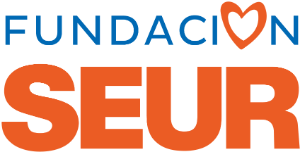Presentation
The night he was killed, Keiber Cubero was not robbing a bank but a restaurant. After breaking in, Keiber walked past the cash register and went directly to the cold store. He was not looking for money, but for food. In Venezuela, five years of economic crisis have meant that money is worth less than the paper on which it is printed and 9 out of 10 households claim they do not have enough money for the weekly shopping. According to Caritas, in July 2018, a family needed 98 times the minimum wage to be able to buy basic foodstuffs.
The anxiety produced by the empty fridges and stomachs has sparked a new wave of hunger driven crimes according to the Observatorio Venezolano de Violencia (OVV) foundation. In a country where impunity is virtually the rule, many resort to petty crime to put some food on the table. Fathers go out at night to steal cars. Teenagers join criminal gangs. Insecurity is already part of daily life. The direct consequences are felt in the street: more than 1200 people – some 40 per day – died violently in Caracas between January and October of this year, according to the Monitor de Víctimas project.
Biography
(Madrid, 1987). Ignacio Marín trained in political science and works as an independent multimedia photojournalist, based in Madrid. He focuses on documenting the consequences of inequality and poverty, and this has taken him from the food crises in Venezuela and Mauritania to land grabbing in Cambodia and the refugee camps in Greece.
His work has been published in a number of outlets such as Time, Le Monde, El País Semanal, Days Japan, and Medium. He has also worked for television channels such as La Sexta and with organizations such as PorCausa, UNICEF, Save the Children or Plan International. Recently he was nominated for the Joop Swart masterclass organized by World Press Photo.













